Explore the latest prices for building materials in Kenya for 2025. Learn about regional price differences, factors affecting costs, and tips for efficient procurement to plan your construction projects effectively.
Kenya’s construction industry continues to grow, making it essential for builders, contractors, and homeowners to know the cost of cement in Kenya in 2025. Prices for cement, sand, and steel directly affect building budgets, timelines, and overall project quality. Understanding current rates, regional differences, and procurement strategies helps you plan efficiently and avoid unnecessary expenses. This guide provides a detailed breakdown of prices, insights into trends, and tips to manage material costs.
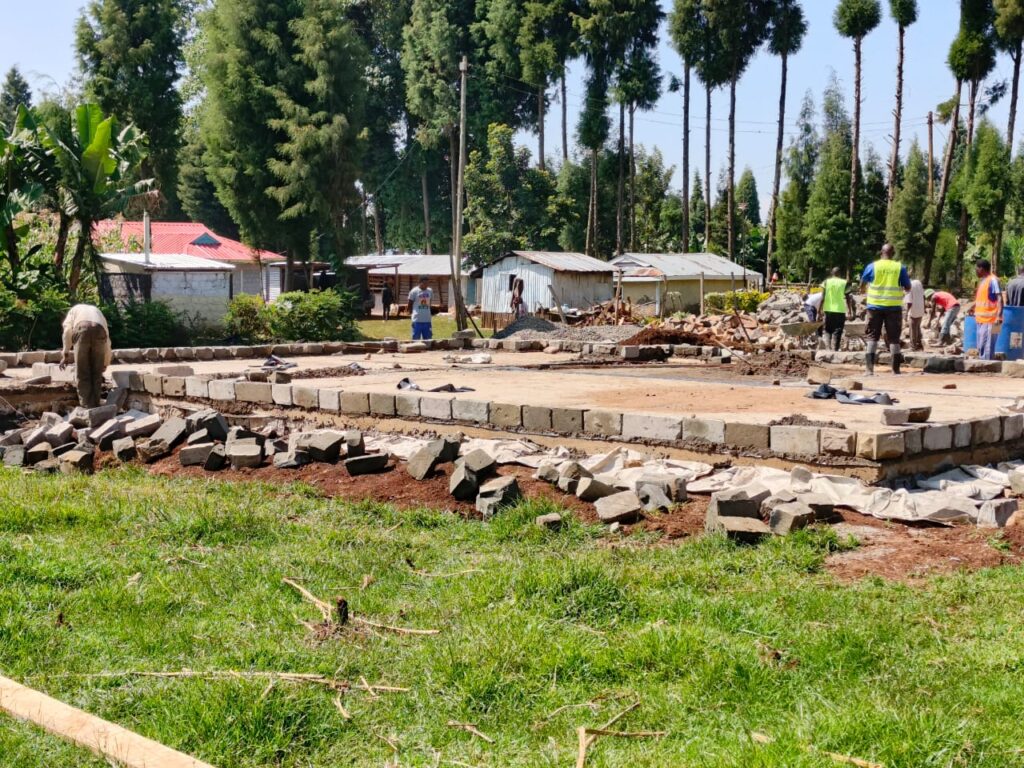
Introduction
Construction material costs are a key factor in determining overall project budgets. In 2025, prices for cement, sand, and steel will be influenced by inflation, import costs, and supply chain disruptions. Knowing current rates and trends allows contractors and homeowners to make informed purchasing decisions and avoid delays. This guide gives practical insights into material pricing, regional variations, and cost management strategies, which are essential for budgeting any building project in Kenya.
Cement Prices in Kenya (2025)
Major Cement Brands and Their Prices
Cement is one of the most important materials in construction, and prices vary by brand and quality. In Kenya, the main brands in 2025 include Bamburi, Simba, and Nyumba Cement, with prices ranging between KSh 750–1,000 per 50kg bag. Choosing the right brand can influence not only cost but also the strength and durability of the structure. Prices can also vary depending on your location, supplier, and whether you buy in bulk or small quantities. Staying updated on current rates ensures you can budget effectively and avoid paying above market value.
Factors Influencing Cement Prices
Several factors affect cement costs in Kenya. Supply chain challenges, such as transport delays and fuel costs, often lead to price fluctuations. Regional differences mean urban areas like Nairobi may have higher prices than rural towns. Brand reputation also plays a role, as premium brands tend to cost more but are preferred for long-term durability. By understanding these factors, builders can make informed choices and negotiate better deals with suppliers.
Related post:
2-Bedroom Bungalow House Plan Kenya: Affordable & Practical Designs
How to Choose the Right House Plan Online in Kenya
Internal linking suggestion: Kenya Construction Materials Price Trends
Sand Prices in Kenya (2025)
Sand is essential for concrete, mortar, and plastering. Its cost can vary widely depending on the type, quality, and region. Using the right type of sand ensures durability and finish quality for your construction project. Knowing prices in advance helps with budgeting and prevents last-minute cost overruns.
Types of Sand and Their Applications
There are several types of sand used in construction in Kenya. River sand is commonly used for plastering and concrete due to its fine texture. Quarry dust is a cost-effective alternative for concrete and is often mixed with cement to replace some river sand. Machine-cut sand is uniform, clean, and ideal for fine finishes. Selecting the correct sand type ensures the structural integrity and finish quality of your building, while also affecting overall costs.
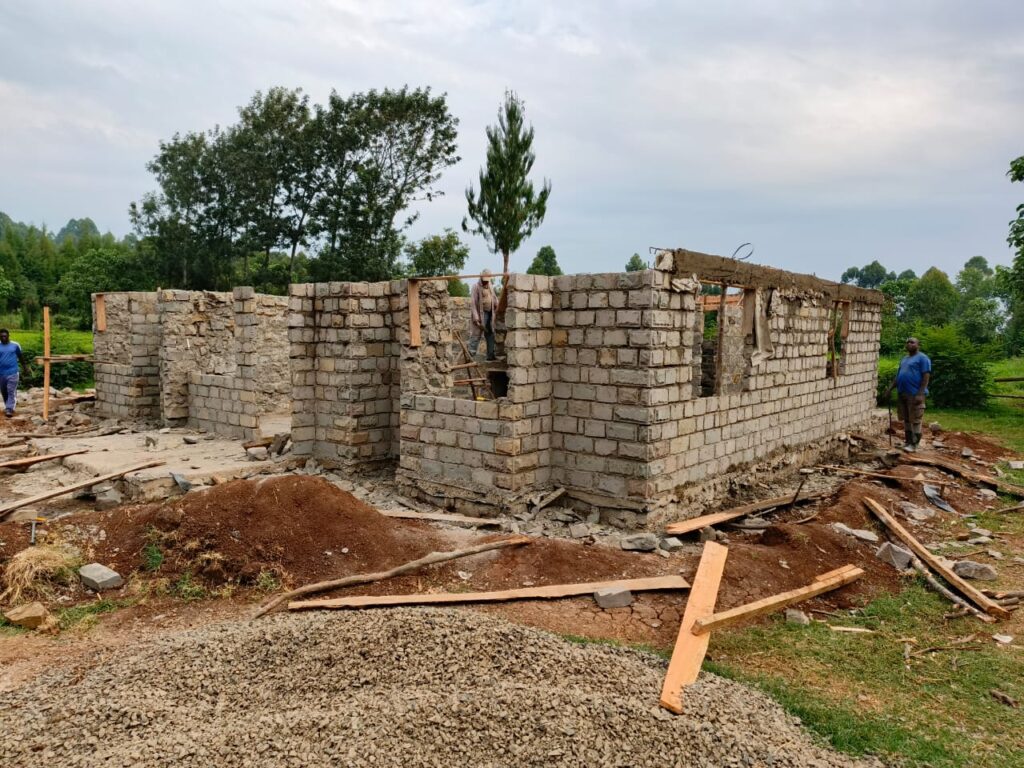
Current Sand Prices
The cost of sand varies depending on type and quantity. River sand is priced between KSh 33,000–38,000 per 18-tonne lorry, while quarry dust ranges from KSh 24,000–27,000. Machine-cut sand costs slightly higher at KSh 30,000–35,000 per lorry due to processing requirements. Bulk buying may provide some savings, but you must consider transport and handling costs. Keeping track of these prices helps plan procurement efficiently and avoid budget surprises.
Regional Price Variations
Sand prices differ across counties in Kenya. Nairobi, being an urban hub, usually has higher rates due to heavy demand and transport costs. Coastal regions like Mombasa often enjoy slightly lower sand prices, while Eldoret has moderate prices with fewer suppliers. Regional variation should be considered when planning material procurement for projects outside Nairobi. Understanding these differences allows for better budgeting and supplier negotiation.
Steel Bar Prices in Kenya (2025)
Steel is critical for reinforced concrete, providing structural stability. Prices can vary significantly depending on the size of the bar, quality, and location. Being aware of current steel bar costs helps in accurate project budgeting and prevents unexpected cost escalations.
Types of Steel Bars and Their Applications
Steel bars are classified by diameter and application. D8 to D16 bars are commonly used in residential slabs, beams, and lintels. Larger bars like D20 to D32 are used for columns, footings, and other heavy structural components. Choosing the correct size ensures structural integrity and cost efficiency. Understanding the intended application for each bar size is crucial when estimating quantities and budget.
Current Steel Bar Prices
Steel prices in Kenya vary by bar size. D8 costs around KSh 500 per bar, D10 KSh 700, and D12 KSh 1,000. Larger sizes like D16 go for KSh 1,800, while D25 can reach KSh 6,200 per bar. Prices are affected by global steel markets, local demand, and import taxes. Accurate knowledge of these costs helps in estimating project budgets and negotiating with suppliers effectively.
Factors Influencing Steel Bar Prices
Steel bar prices are affected by multiple factors. Global steel production, raw material costs, and import regulations can significantly impact local pricing. Local demand and supply fluctuations also play a role, especially in urban construction hotspots. Being aware of these factors allows builders to plan procurement schedules and avoid buying at peak prices.
Impact of Material Costs on Construction Budgets
Construction budgets are heavily influenced by the prices of cement, sand, and steel. Even small increases can escalate costs for medium or large projects. Knowing current prices and market trends helps you manage budgets more efficiently.
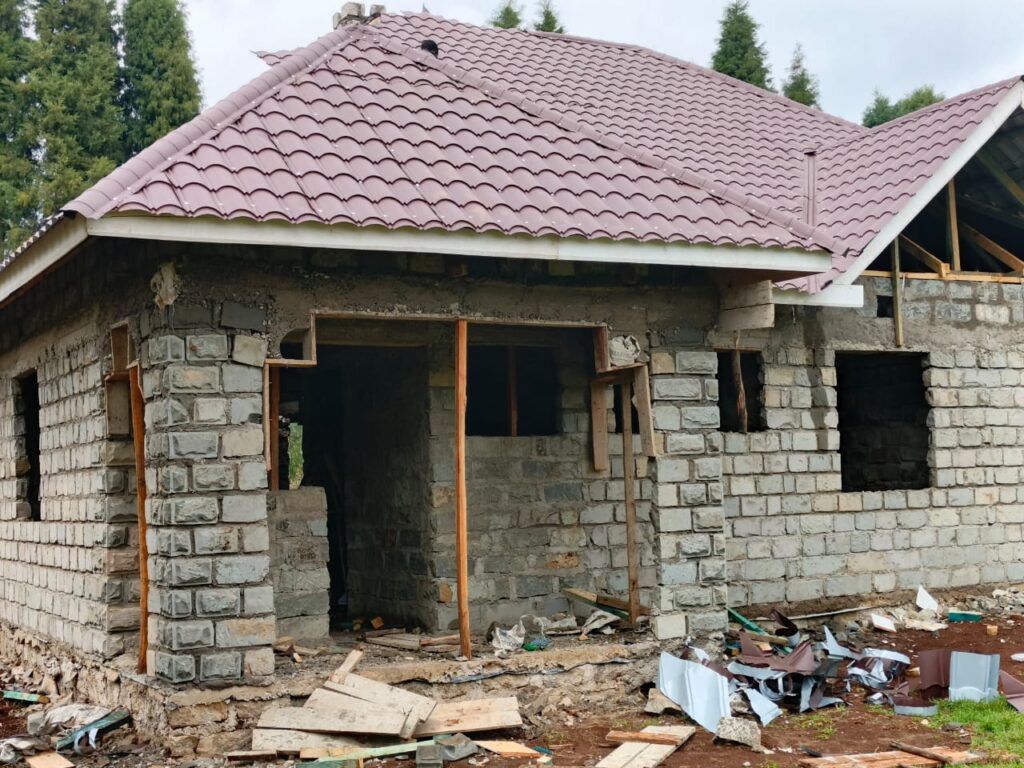
Rising Costs and Project Implications
Rising material costs may reduce profit margins and delay project timelines. Fluctuating prices can force contractors to revise budgets multiple times during construction. For homeowners, unexpected price increases can strain finances and lead to compromises in quality. Early planning and material procurement help minimise these impacts.
Strategies for Cost Management
To manage costs, consider buying materials in bulk to get discounts and comparing prices from multiple suppliers. Negotiate delivery schedules and payment terms to avoid extra charges. Exploring alternative materials without compromising structural quality can also help reduce costs. Proper planning ensures projects stay within budget while maintaining quality.
Related post: Types of Foundations in Kenya – Costs & Pros/Cons
Tips for Procuring Building Materials in Kenya
Efficient procurement saves money and ensures the quality of your project. Knowing the best suppliers and verifying materials is essential.
Identifying Reliable Suppliers
Reliable suppliers include verified online marketplaces and reputable local hardware stores. Suppliers with consistent stock reduce delays and help maintain project timelines. Always check reviews and ratings before making bulk purchases. This reduces the risk of receiving low-quality or counterfeit materials.
Negotiating Prices and Terms
Negotiate for volume discounts and clarify payment terms. Confirm delivery schedules to prevent project delays. Suppliers often provide better pricing when bulk orders or repeat business are involved. Good negotiation ensures you pay a fair price without compromising quality.
Ensuring Quality and Authenticity
Always check for product certifications and verify supplier authenticity. Certified products ensure compliance with construction standards. Review supplier feedback online and consult with other contractors. This prevents procurement of substandard materials that can compromise safety and longevity.

Regional Price Variations in Building Materials
Material costs differ across counties in Kenya due to transport, availability, and local demand. Considering regional variations helps accurately plan your budget.
Nairobi
Nairobi has higher cement, sand, and steel prices compared to rural counties due to heavy demand and transportation costs. Projects in the city often require advanced procurement planning to avoid sudden price hikes.
Mombasa
Coastal sand is cheaper in Mombasa, but cement prices remain stable. Understanding local supply channels helps you buy at competitive prices.
Eldoret
Eldoret has moderate pricing for all main materials. Fewer suppliers can affect availability, so early ordering is recommended. Regional knowledge ensures accurate budgeting and timely procurement.
Future Trends in Building Material Prices
Monitoring future trends helps in long-term project planning. Prices of cement, sand, and steel are influenced by multiple economic and market factors.
Related post: House Construction Costs in Kenya 2025 – Full Breakdown
Projected Price Changes
Cement prices may rise slightly in 2025 due to increasing demand. Sand is expected to become more expensive as urban development expands. Steel prices will largely depend on global market conditions and supply chain dynamics. Anticipating these changes allows builders to plan budgets proactively.
Factors Influencing Future Prices
Economic growth, government policies, and infrastructure projects impact material pricing. Technological advances in construction materials may reduce costs over time. Keeping up with market reports ensures accurate forecasting for future projects.
Related post: How to Hire a Reliable Contractor in Kenya

Frequently Asked Questions (FAQs)
- What is the current price of cement in Kenya per 50kg bag?
KSh 750–1,000 depending on the brand and location.
- How much does river sand cost per tonne in Nairobi?
Approximately KSh 33,000–38,000 per 18-tonne lorry.
- What is the price of a D12 steel bar in Kenya?
Around KSh 1,000 per bar.
- Why have construction material prices increased in Kenya in 2025?
Due to inflation, supply chain issues, and global steel price fluctuations.
- Where can I buy affordable cement in Nairobi?
Major hardware stores, verified online marketplaces, and direct supplier warehouses.
- How many tonnes of sand are needed for a 2-bedroom house in Kenya?
About 12–15 tonnes, depending on design and floor area.
- What factors affect the price of building materials in Kenya?
Supply and demand, transport costs, brand, and material quality.
- Are there regional differences in building material prices in Kenya?
Yes, urban areas like Nairobi are generally higher than coastal or rural regions.
Related post: How to Budget for House Construction in Kenya — Complete, Actionable Guide
Conclusion
The cost of cement in Kenya in 2025, along with sand and steel prices, has a direct impact on construction budgets. Understanding current rates, regional variations, and procurement strategies helps you plan projects efficiently. By buying in bulk, comparing suppliers, and staying informed about future trends, you can maintain quality and keep costs under control. Careful planning ensures your building project stays on schedule and within budget.
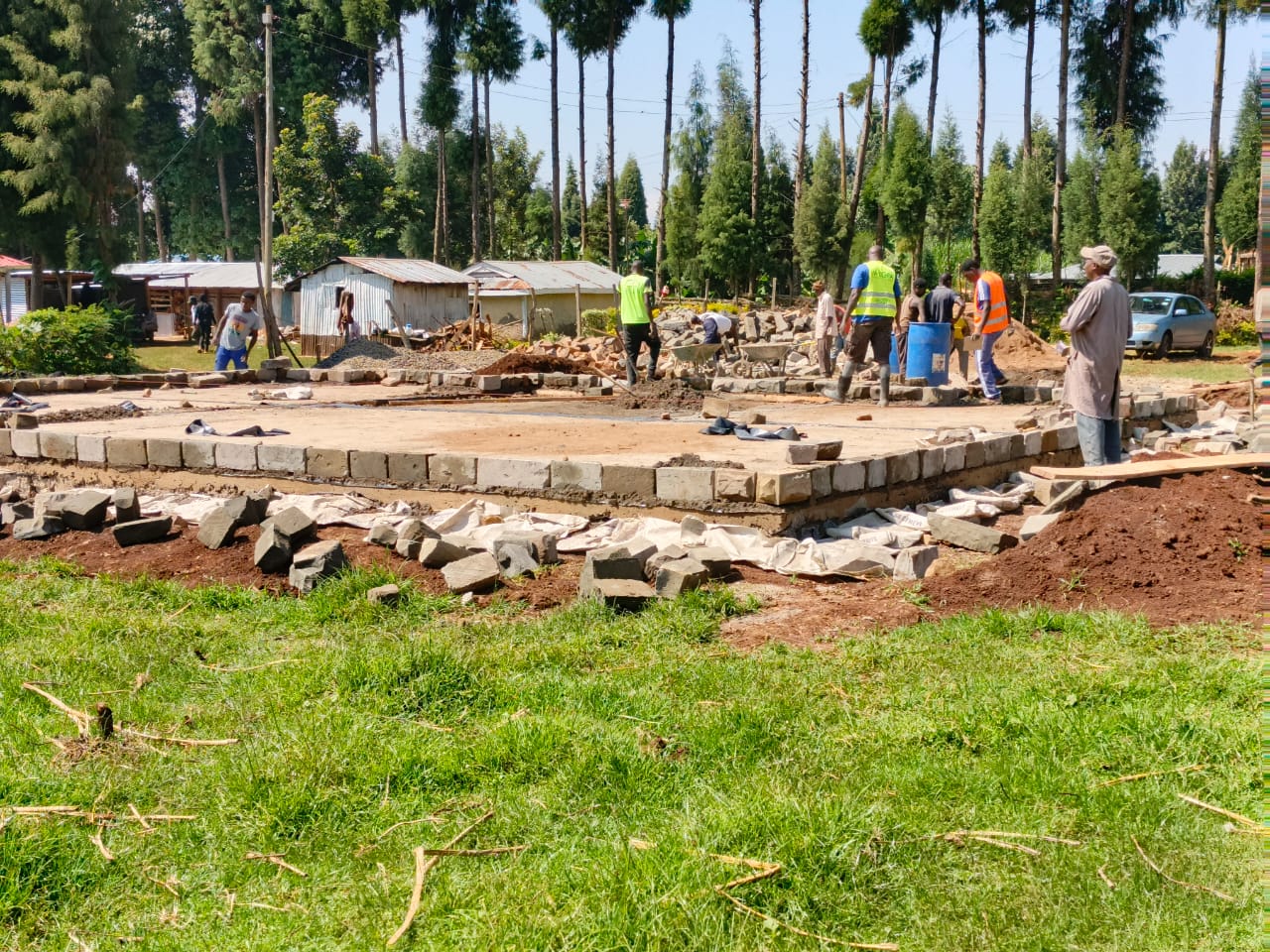
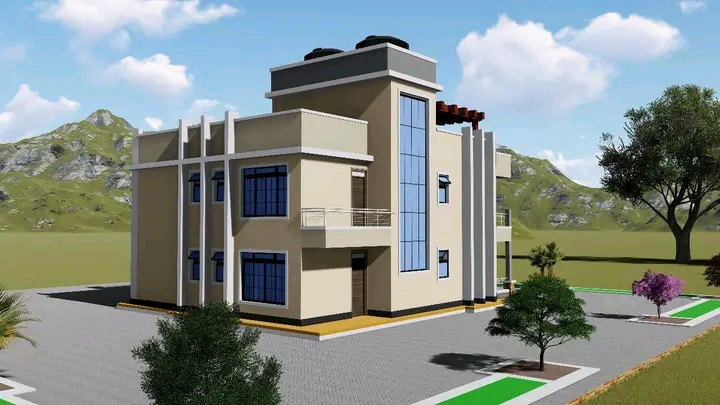
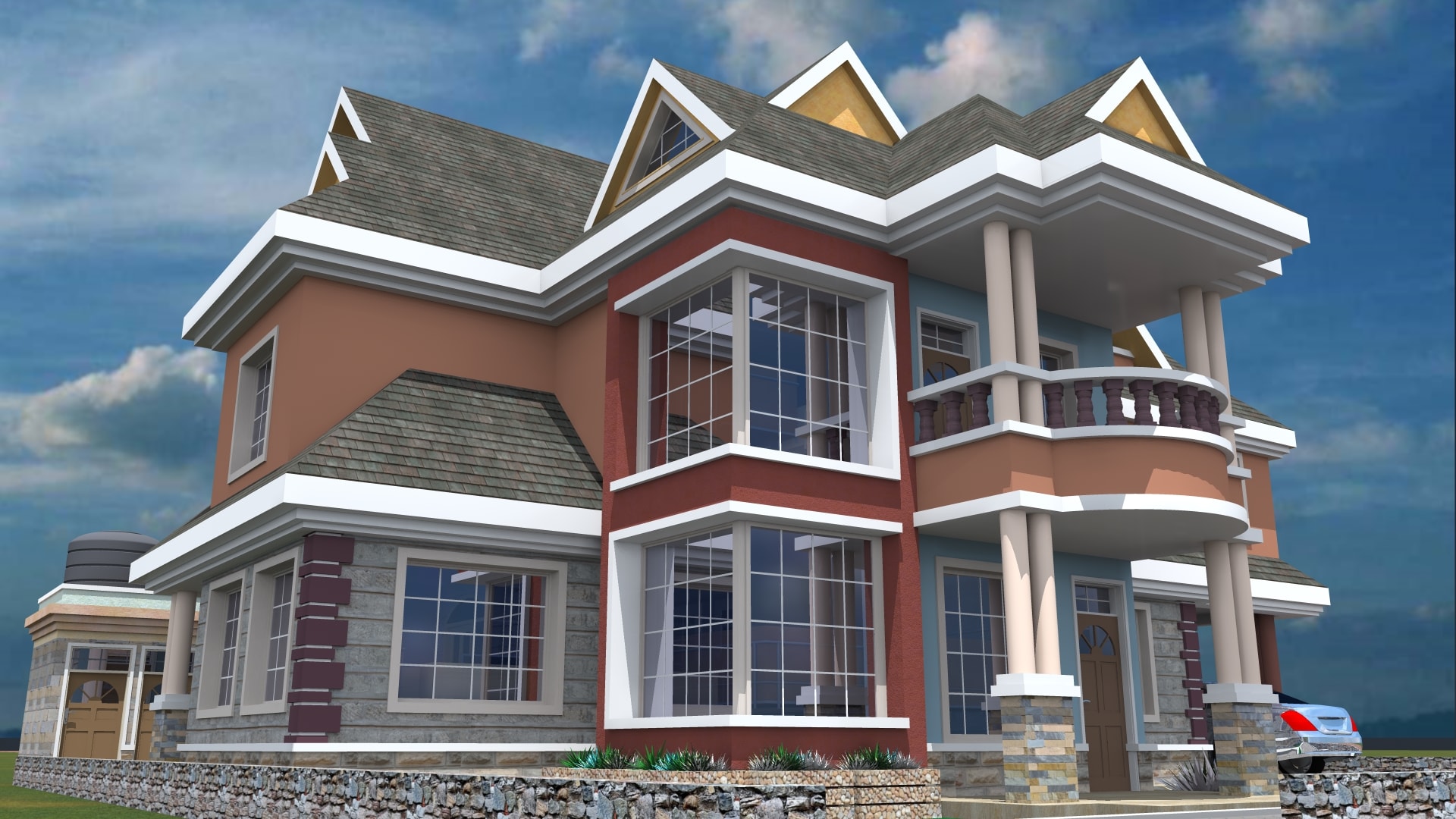
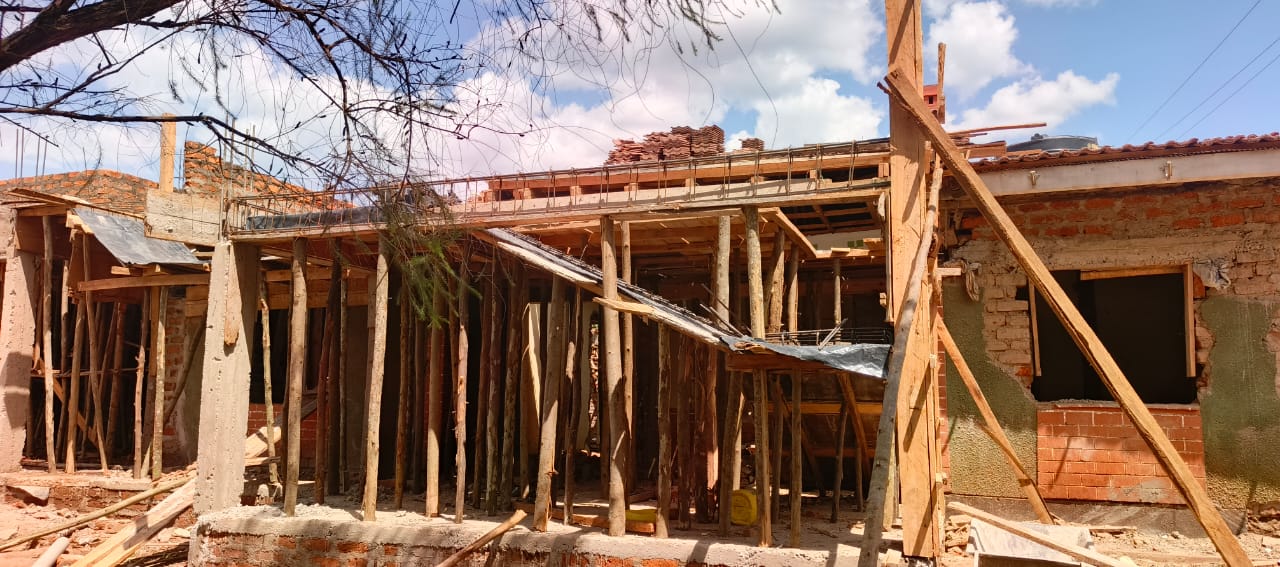

66 thoughts on “Cost of Cement and Building Materials in Kenya 2025”